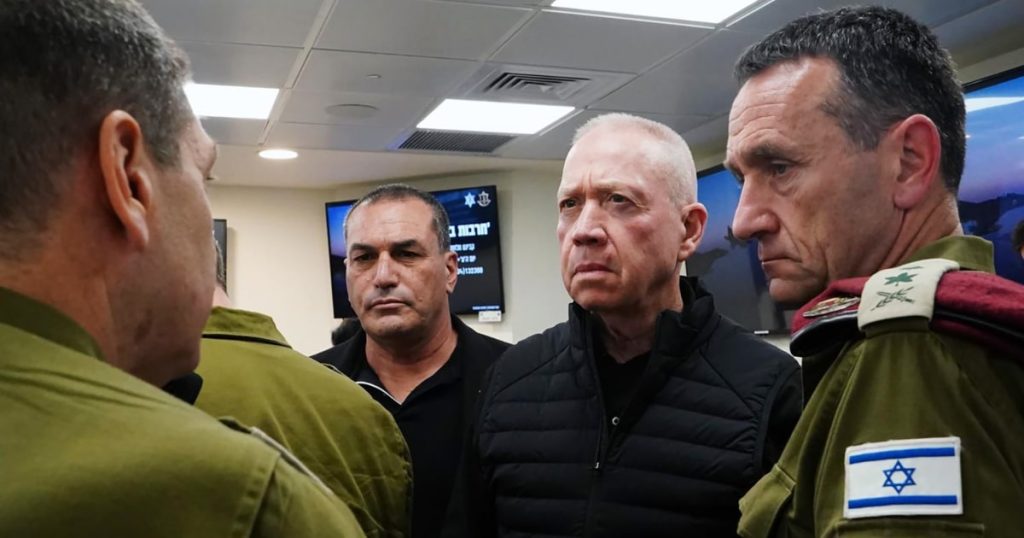Iran retaliated against Israel’s attack on its diplomatic compound in Damascus with a significant strike on Israeli airspace, using drones and missiles. The attack, which caused limited damage, was seen as a demonstration of deterrence rather than an attempt to provoke a full-scale war. Israeli officials are now considering how to respond, with the decision ultimately resting with the war cabinet. U.S. officials had anticipated a response from Iran and have criticized Israel’s overall military strategy as poorly considered and potentially escalatory.
Israel views Iran as an existential threat and has clashed with past U.S. administrations over how to handle the regime. Prime Minister Netanyahu notably lobbied against the 2015 nuclear deal with Iran, from which President Trump withdrew. Iran has been the target of U.S. and Israeli efforts to degrade its military capabilities through targeted attacks on senior commanders and nuclear scientists. The White House believes Israel does not seek a wider conflict with Iran but is concerned about the urgency and frustration driving Israeli military actions.
Critics have slammed President Biden for failing to influence Israel’s military decisions, with Professor Fawaz Gerges warning that Biden’s strategy has failed and could lead to another catastrophic war in the Middle East. Benjamin Friedman of Defense Priorities argues that the U.S. should limit its support for Israel and refrain from encouraging conflict with Iran. Despite calls for restraint, U.S. forces in the region remain on alert to defend against Iranian-launched drones.
Israeli Defense Minister Yoav Gallant has cautioned that the confrontation with Iran is not over, and Israel must prepare for any scenario. Iran’s intent to retaliate was underscored by its military chief of staff’s statement that a larger operation would follow if Israel attacked Iranian interests again. Amal Saad, an expert on Hezbollah, warns against underestimating Iran’s willingness to enter into a conflict if provoked, noting that the country’s strategic patience was exhausted by the humiliation of the bombing in Damascus. Iran’s national dignity is a core value, and further strikes from Israel could push it to the brink of conflict.
The recent escalation between Iran and Israel highlights the delicate balance of power in the region, with both sides showing readiness to engage in conflict if necessary. The U.S. remains a key player in the dynamics of the Middle East, but its ability to influence Israeli military decisions is in question. The potential for a wider war looms over the situation, with the risk of further destabilizing an already volatile region. The coming days will be crucial in determining the direction of the conflict and the role of external actors in managing the crisis.


